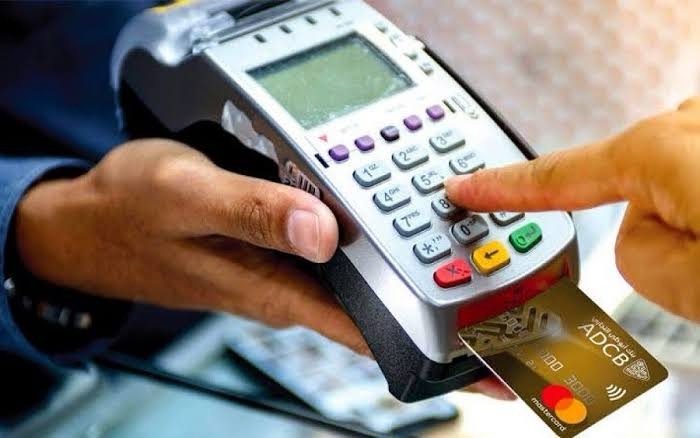While the Federal Government of Nigeria seeks a transition to cashless economy, ordinary Nigerians are paying dearly and stressed financially in return for the convenience of cashless transactions.
For Nigerians, the transition is not without its challenges, costing citizens a staggering N2.654 billion daily for simple transactions of as low as 5000 naira.
The Central Bank of Nigeria (CBN) has rolled out several policies in 2023 aimed at stabilizing the economy and strengthening the naira. However, the reception has been mixed, with many experts and citizens questioning the feasibility of these initiatives, particularly concerning the burden of bank charges.
Despite the CBN’s efforts to encourage digital payments, cash remains a staple in the everyday lives of many Nigerians. With ATMs struggling to meet demand, point-of-sale (PoS) merchants have emerged as the primary solution for accessing cash. To obtain physical naira, individuals must transfer funds to a PoS merchant and pay a transaction fee, effectively purchasing cash every time they need it.
The Financial Inclusion Journal (FIJ) recently reported that as of February 2024, Nigeria boasted 26.54 million registered PoS terminals—almost five million more than the 21.65 million recorded in July 2023. This proliferation of terminals underscores the growing reliance on digital transactions, yet it also highlights the associated costs. For instance, withdrawing N5,000 from a PoS merchant incurs a minimum fee of N100, which remains constant for any amount below that threshold. Consequently, if all registered PoS terminals were to process just one transaction under N5,000 each day, the total cost to Nigerians would reach an eye-watering N2.654 billion—savings that could have been realized had withdrawals been made from bank ATMs, where fees are waived for up to three transactions per month.

Although the CBN’s objective is to deter cash withdrawals, many Nigerians continue to depend on cash for essential activities such as transportation and trade. Key obstacles to the success of the cashless initiative include frequent network failures and inadequate telecommunication infrastructure. In many areas, poor service delivery hampers digital transactions, forcing residents to travel long distances to access cash in bulk, often at a premium.
As Nigeria embraces this cashless future, it is clear that while the vision is commendable, the path forward is fraught with challenges that need addressing to ensure that all citizens can benefit equally from the digital economy.
